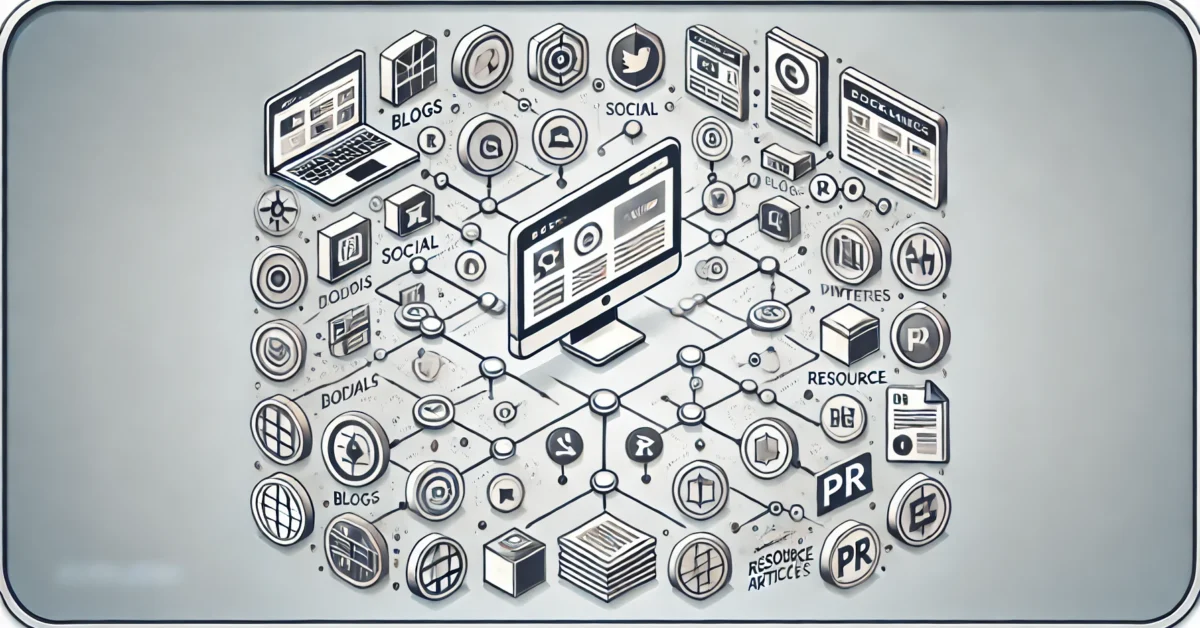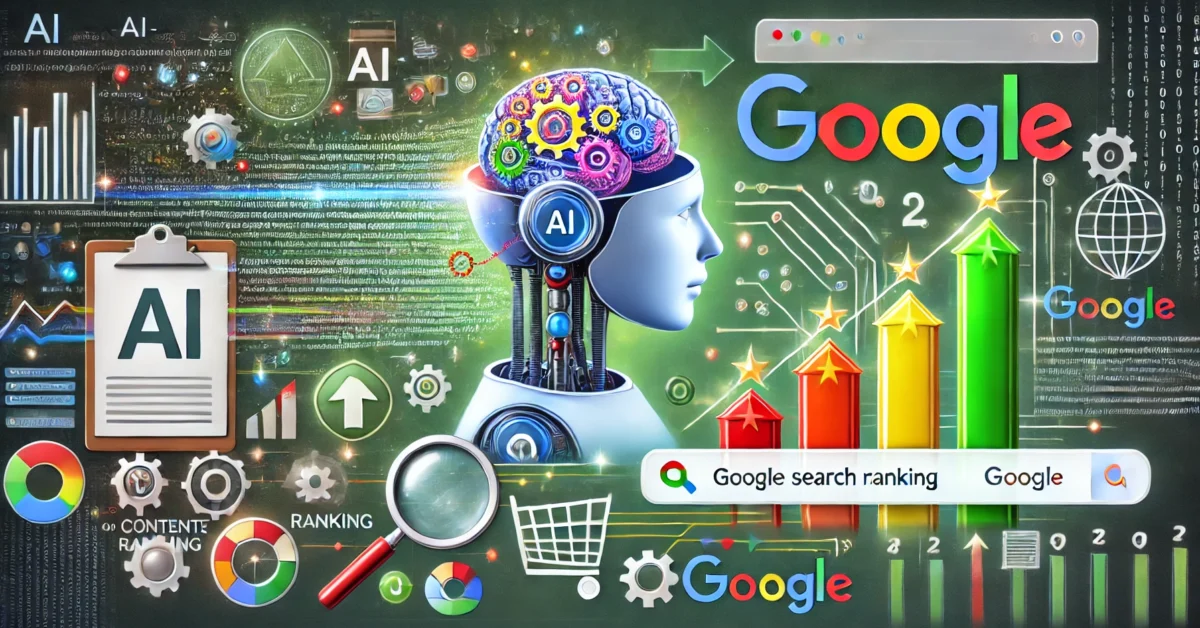The Impact of Data Analytics on HR and Digital Marketing Collaboration
Let’s say you're a digital marketing manager desperately seeking skilled social media specialists. Meanwhile, HR is struggling to attract qualified candidates for the same roles. This scenario, unfortunately, isn't uncommon.
Traditionally, HR and digital marketing teams have operated in silos, hindering their ability to work together effectively. Fortunately, the tides are turning. Data analytics emerges as an innovator, fostering seamless collaboration and driving success for both departments.
The Data-Driven Generation
Data is a powerful tool for unlocking corporate success in the digital world. From product development to marketing campaigns, companies are increasingly relying on data insights to make informed choices. This holds true for both HR and digital marketing.
HR uses data to understand employee demographics, and skills gaps, and even predict potential turnover. Digital marketing teams leverage data to analyze customer behavior, optimize ad campaigns, and measure the success of their initiatives.
However, the challenge lies in how this data is traditionally stored and accessed.
Often, data is siloed within departments, creating a communication gap. HR might have valuable insights into employee skill sets, but those insights might not be readily available to digital marketing when searching for potential recruits. This lack of data sharing hinders collaboration and prevents both departments from reaching their full potential.
Bridging the Gap: Data Analytics as a Unifying Force
Data analytics can be the bridge that connects HR and digital marketing. When both teams have access to the same data sets and utilize data analytics tools, they can achieve greater alignment on goals and initiatives.
Recruitment Revolution: Data Drives Success
Data analytics empowers HR to become a recruitment powerhouse for digital marketing roles. Here's how:
- Identifying Top Talent: By analyzing candidate behavior during the application process, HR can understand what attracts high-performing individuals in the digital marketing field. This allows them to tailor job descriptions and recruitment strategies to attract the right talent.
- Employee Engagement & Retention: Data analytics can be used to assess employee satisfaction in the digital marketing team. By identifying trends in areas like work-life balance or skill development opportunities, HR can work with digital marketing managers to create targeted initiatives that improve employee engagement and retention – vital factors for any successful team.
Marketing with Precision: Data Informs Strategy
The benefits of data analytics extend beyond recruitment. HR data, such as employee demographics and skillsets, can be incredibly valuable for digital marketing teams. This data can be used to:
Personalize Marketing Campaigns: Imagine creating targeted social media campaigns that resonate specifically with a demographic segment known for its high digital literacy (identified through HR data). This allows digital marketing to maximize campaign effectiveness and reach the right audience.Case Study: A Data-Driven Duo
Consider the success story of Company X. They recognized the communication gap between HR and digital marketing. By implementing a unified data analytics platform, both teams gained access to employee skills, customer demographics, and campaign performance data.
This led to a targeted recruitment strategy for digital marketing roles, focusing on attracting individuals with specific skill sets identified as crucial based on customer data. Additionally, HR data on employee demographics allowed digital marketing to personalize their social media campaigns, leading to a significant increase in customer engagement.
Beyond Recruitment: Data-Driven Rewards Programs
Employee motivation and performance are critical to any company's success. Well-designed rewards programs can go a long way in keeping employees engaged and productive. But the one-size-fits-all approach just doesn't cut it anymore. Here's where data analytics shines:
- Data-Driven Rewards: Data analytics allows for personalized rewards programs based on demographics, skills, and performance. For example, data can be used to identify top performers in digital marketing and tailor rewards accordingly. This could include bonuses, training opportunities, or recognition programs specifically designed to motivate high-achievers.
- Targeted Incentives: Data also helps design rewards programs that incentivize specific behaviors relevant to digital marketing goals. This could involve rewarding social media engagement, content creation, or exceeding campaign targets. By aligning rewards with desired outcomes, data analytics ensures that your program is driving the right results.
- Measuring ROI: Finally, data helps track the effectiveness of different reward programs. By measuring program participation, employee engagement, and overall performance metrics, companies can assess the return on investment (ROI) for their rewards program. This allows for data-driven adjustments and ensures the program is having a positive impact on both employee satisfaction and business goals.
The Future of Collaboration
Advancements in data analytics and artificial intelligence (AI) promise to further enhance collaboration between HR and Digital Marketing. Here's a glimpse into what the future holds:
- Predictive Analytics: Imagine being able to predict which employees are most likely to thrive in digital marketing roles. AI-powered analytics can analyze vast amounts of data to identify patterns and predict future performance. This allows HR to proactively recruit and develop talent that perfectly aligns with the evolving needs of the digital marketing team.
- Real-Time Talent Management: Data analytics and AI can facilitate real-time performance feedback and skills gap identification. This empowers HR to provide personalized training and development opportunities for digital marketing professionals, ensuring they stay ahead of the curve in a rapidly changing digital landscape.
- Hyper-Targeted Marketing: As data analysis capabilities become more sophisticated, Digital Marketing can create hyper-targeted campaigns that resonate with even the most specific audience segments. This level of personalization will lead to increased engagement and conversion rates, propelling marketing efforts to a whole new level.
Wrapping Up
Data analytics is not just a buzzword; it's a game-changer for collaboration between HR and Digital Marketing. By breaking down data silos and fostering a shared understanding of the company's goals and target audience, data empowers both departments to achieve greater success.
As we move forward, embracing data-driven approaches and fostering a culture of continuous learning will be key to unlocking the full potential of this powerful collaboration. So, are you ready to bridge the gap between HR and Digital Marketing with the power of data?






